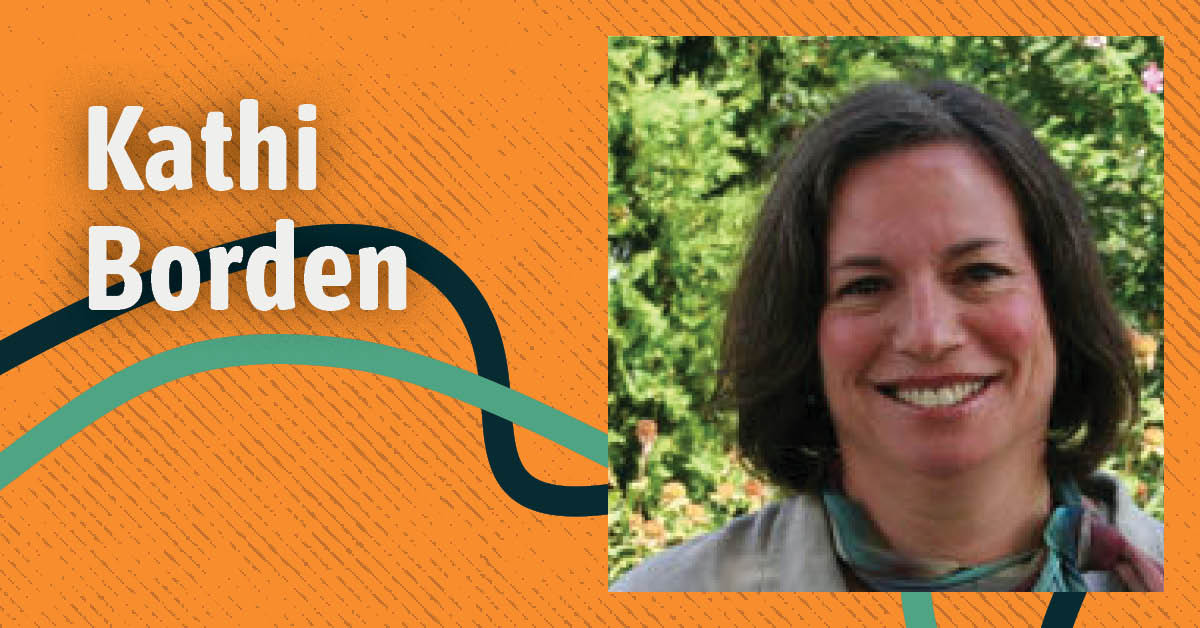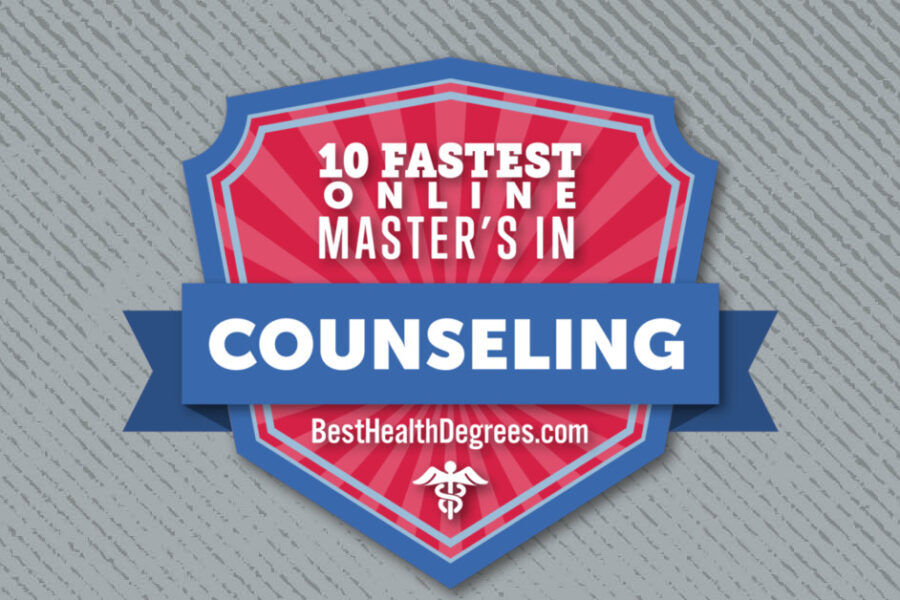Kathi Borden, PhD, wears two hats (that we know of). While this makes her a very busy individual, her two primary professional roles, Professor of Clinical Psychology at AUNE and Editor of the APA (American Psychological Association) Journal Professional Psychology: Research and Practice, complement each other beautifully. Each institution benefits from her work with and connection to the other.
Professional Psychology: Research and Practice covers a broad range of topics related to the field of psychology. Unlike some of the more specialized APA journals, it aims to have “something for everyone working in mental and behavioral health,” says Borden, and is oriented toward the practical application of research.
“Journals are an essential tool for psychologists to advance the art and science of the profession,” said Dr. Vincent Pignatiello, Chair of the Department of Clinical Psychology. “Moreover, the peer-review process in professional journals is the sine qua non of publication because it establishes the validity of the research being disseminated.”
As Editor, Borden is responsible for deciding which manuscripts get reviewed, which ones go forward, and which get published. Her criteria: exhibits a solid method of research and/ or theory, and includes clear implications for practicing psychologists. She manages a team of associate editors and a pool of reviewers, recruits reviewers, and performs administrative tasks such as annual reports and managing the editorial budget. She also attends the Council of Editors, a meeting of the minds of editors from each of the APA journals. On the creative side of things, she curates the content of each issue, and provides editorial feedback and suggestions to authors along with the feedback from reviewers. Borden lit up when we got to talking about her process for deciding which articles get reviewed and what she considers while compiling each issue; there’s a good deal of artistry involved in balancing each issue’s content within the larger framework of the journal’s mission, which is centered on producing material that will be useful to a broad spectrum of people working in the field of psychology. One of Borden’s personal goals during her term is to increase the diversity of authors published, topics covered, and of the editorial/review team.
The journal receives articles in all sorts of areas, including those one might expect from a prestigious psychology publication, related to various activities of psychologists such as assessment, therapy, supervision, consulting, and advocacy, in addition to articles about practitioners, work settings, ethics, and other professional issues. There’s been a recent influx of articles related to telehealth, arising from the necessity for many practitioners to shift sessions to an online format due to the pandemic, including one on mindfulness apps for teens and young adults. Other prescient articles are on the impacts of stigma, helping people with chronic illness, and a variety of topics on COVID-related trauma, stress, grief, and loss, especially for first responders and healthcare workers.
Many topics are atypical and specialized. Also in Borden’s queue are articles on consulting with clients experiencing challenges related to working in the entertainment industry, such as performing arts/ theater productions; the psychological impact on victims of torture when they testify in hearings or in court; ethical issues around therapists googling their clients (generally a no-no) and vice versa.
The journal receives many international submissions and aims to represent a global perspective. The editorial team works closely with non-English speaking/ writing authors to adapt their work for the journal. Challenges around language and translation (authors often have to find or hire their own translation services) is one area where Borden would like to see the wheels greased. While the APA does list some resources, accessibility could be improved. The journal periodically puts out special issues focusing on highlighted topics such as LGBTQ+ parenting, transgender issues, military and veteran issues, working with older adults, and substance use disorders.
Professor – Editor Symbiosis
Borden began working with Professional Psychology: Research and Practice in the 1990s and served on the Editorial Board starting in 1994. She became an Associate Editor 10 years ago, and editor about four years ago, a term she’ll serve until 2024. As a professor in the PsyD program at Antioch, Borden appreciates that her work with the journal keeps her up to date with new research, which she’s able to share with her students. “I really like that I get exposed to articles in areas I wouldn’t normally read,” she says. “Through the journal I delve into a much broader array of topics than my own specific interests.”
Another perk for Antioch students and faculty is the opportunity to review for the journal. While Borden typically doesn’t serve as a reviewer for it (she reviews for other journals), some faculty members do, and they often invite students to review along with them. The process looks something like this: A faculty member/ reviewer is sent an article in their area of expertise, and they may ask 1-2 students to contribute to the review as a mentee. People approach this in different ways. When Borden reviews with a student they write two separate reviews and then integrate the two, and one single review is submitted. Some faculty prefer to submit two separate reviews, their own and that of the student reviewer. In either case, the author receives all feedback (from multiple reviews and from the editorial team). “Participating in reviews brings students into a new professional role as part of their training,” Borden says, “which has the dual benefit of exposing them to the publication process and exposing them to new material. It gives them an insider perspective and helps them to establish future publishing goals.” The opportunity to evaluate emerging research often helps students to focus and inspire their own studies and professional trajectory.
Working Through Challenges
“Reviewers are all volunteers.” Borden says. “Doing this work is really a service to the profession, and it can be challenging to find qualified reviewers able to make time to do unpaid work — especially now.” The pandemic gave rise to a huge increase in submissions, and Borden has noticed that many people’s schedules seem to be busier than ever with increased responsibilities at home, transitioning to virtual, etc. So the journal has been dealing with an overload. This is compounded by many submissions by authors who don’t write fluently in English. “It’s important to me to include diverse voices,” she says, “and we work with them as much as possible to bring out the strength in their work.”
One of the delightful challenges of being the editor is the sometimes conflicting opinions of associate editors and reviewers — and Borden’s own. Differing views can be tricky to navigate, but this is part of the process. Good editing only elevates the finished product.



